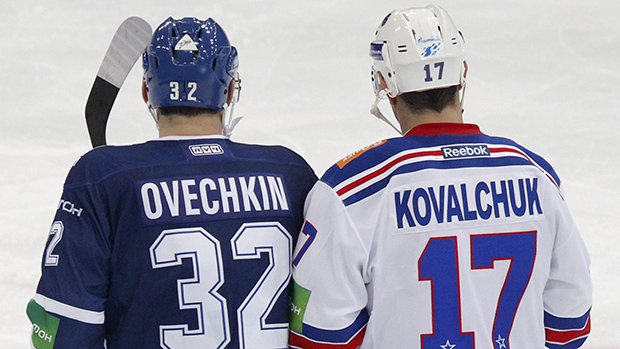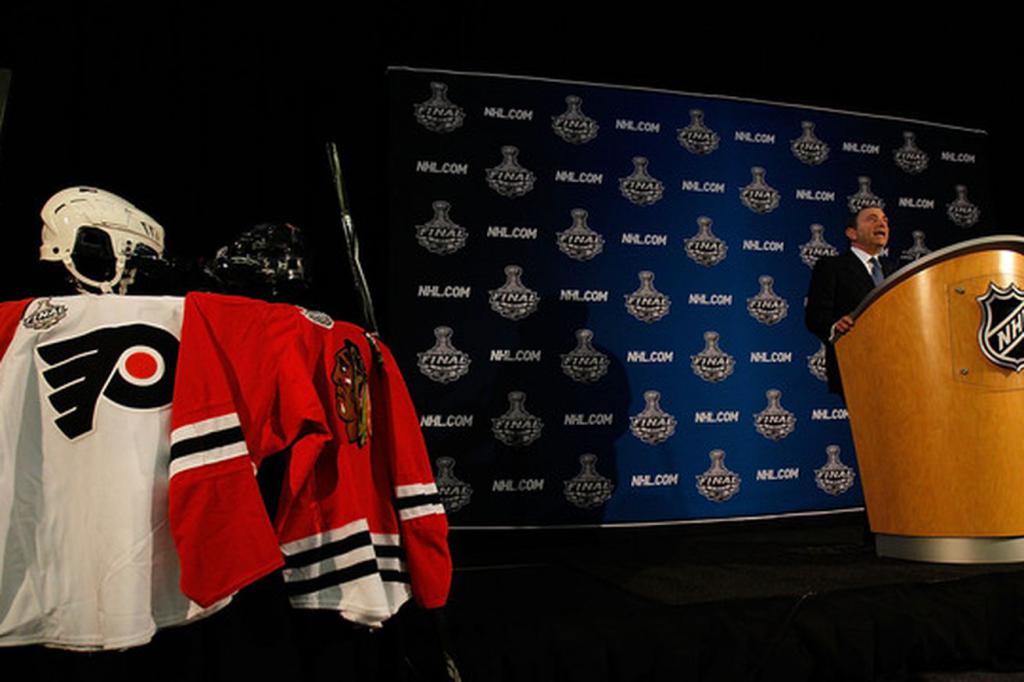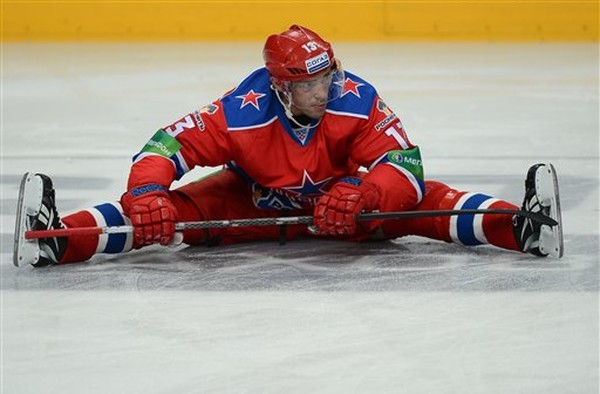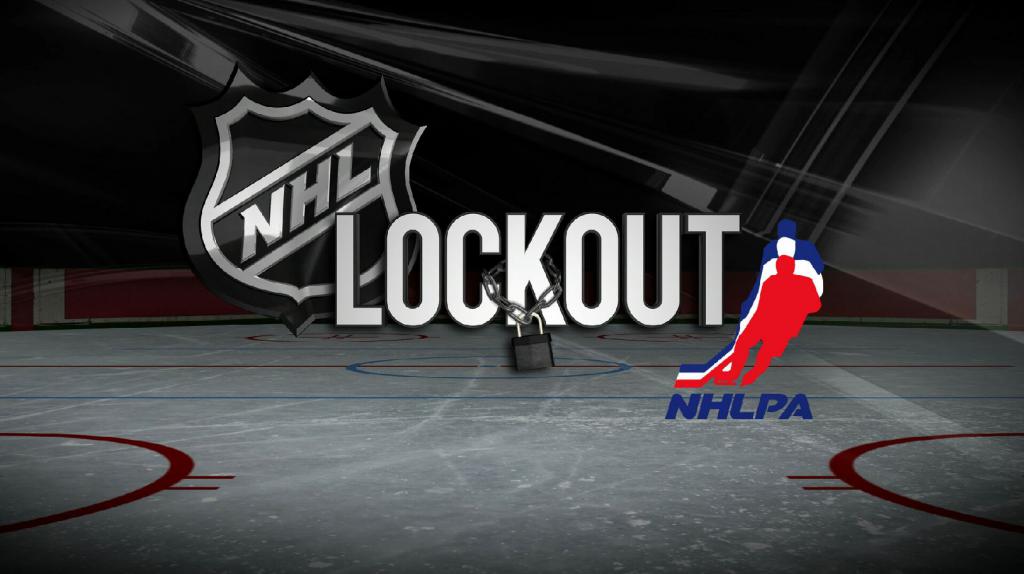A lockout is forced leave or the dismissal of employees as a result of a conflict with their management. The term comes from the English lockout - "lock." In sports, a lockout causes a conflict between club and league owners and the players' union.
Lockout in sports
Most often, this term is used in the context of professional leagues in North America. For example, a lockout in the NHL is the reason for the cancellation of the 2004-2005 season. Many stars of the league played at this time in Russian clubs.

In 2011, the NBA as a result of the lockout was forced to postpone the start of the season for a long time.
The reasons
Salaries of athletes are expressed in huge numbers, but at the same time, the costs of American leagues and club owners pay off through broadcasts, advertising and tickets. If the players do not want to make concessions and demand too much fees for themselves, then the leadership can go to the last measure - a lockout. During a lockout, the league prohibits the holding of games until athletes conclude a collective agreement with it in terms of salaries and their link to revenue. If they fail to agree, the whole season is canceled.
Collective Agreement in the NHL
The agreement between the union and the NHL is calculated until the end of 2020. The union can use the option of renewing for 2 seasons in 2019. If this lever were on the side of the owners, they would definitely use it. But players are likely to refuse such an option.

During negotiations on the participation of league players in the 2018 Winter Olympics, the head of the NHL, Gary Bettman, proposed the union to extend the contract for 3 years in exchange for admitting players to the tournament. Earlier, he had already used a 5-year extension of the agreement. Players received participation in the 2014 Olympics because the agreement lasted until the end of 2015. Hockey players considered this an attempt to manipulate themselves and refused this clause in the agreement. It looked too much like an ultimatum, given that after that the league did not show interest in the negotiations and announced its refusal to let the players go to the Olympic Games.

But the main problem of the contract is not the absence of a clause on the participation of athletes in the Olympics. The main stumbling block is the insurance payout of the league, at the mention of which wrinkle 10 out of 10 players. It is called an escrow. In the case of a certain income according to the results of the season, the payment is returned to the players. In America, taxes are already high - athletes give up to 58% of their salary to the treasury. Another reason for the controversy is the distribution of income between hockey players, the league and club owners. A lockout is an extreme measure that a league can take if there is no compromise between the union and the league.
